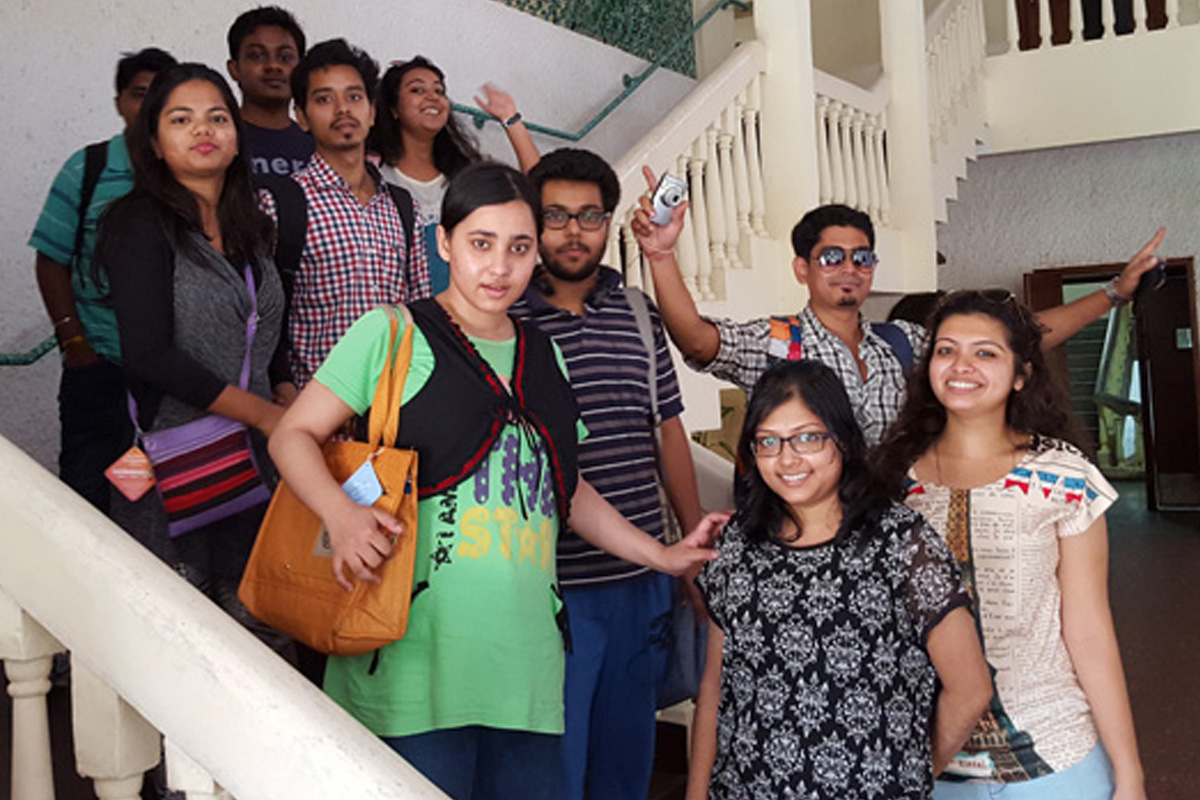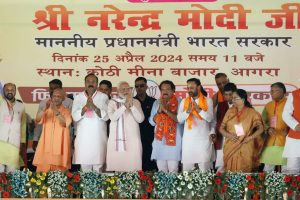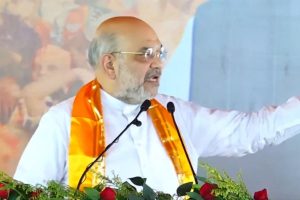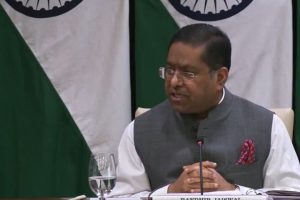On the second day of the Editors’ Conclave at Fortune Park Panchwati, Howrah, Ishan Joshi, editor, Asian News Network, said that when it comes to covering contentious issues and conflicts, the journalist’s job is reporting the facts without fear or favour. Journalists must accept that conflict is endemic to value pluralism in all its forms. Managing it without losing sight of the core ethical principles is the challenge.
The two-day conference was organised by C R Irani Foundation in collaboration with the Konrad Adenauer Stiftung (KAS), New Delhi. Some journalists are termed jingoistic because they question the notion that media must be above the fray when it comes to the “national interest” as defined by the government of the day. Thankfully, there are still some journalists who both understand the context they work in and, within it, work to mitigate both the excesses of nationalism as well as those of an uninformed globalism, Mr Joshi said.
Speaking on the concerns regarding law, Monideepa Banerjee, NDTV, said that regulation and bias that impact the relationship between journalists and the state spoke about the “deathly silence”of and unanswered questions by the government on a wide range of issues from Pegasus to the foreign MPs visiting Kashmir recently. Select journalists who are aligned with the government of the day are allowed to get access and coverage while even senior journalists are deliberately “uninvited”.
She said that cameras should be introduced in the courtrooms to ensure transparency of the judicial procedures. After the abrogation of Article 370, an editor of Kashmir Timesmoved the Supreme Court of India claiming that her rights had been infringed upon by curbs imposed by the central government. Drawing upon this, Ravindra Kumar, editor of The Statesman and trustee of C R Irani Foundation, traced the legal framework that impacts journalists’ role in society.
He said that there are a number of laws and regulations in the Constitution as well as the Press Council of India’s (PCI) Model Code of Conduct for journalists which when used in tandem can restrain and throttle media. Anant Nath, editor of The Caravan, said that freedom of speech is not an absolute right in India, unlike in the US Bill of Rights. Journalists, therefore, need to understand the law-making process and the policy-framing process. He cited a number of laws that are not directly related to media but can be used to stifle a journalist’s freedom of speech.
Thus, the journalists should only be objective and factual. Nick Nugent, former BBC journalist and journalism trainer, spoke about the public service model of the BBC and the difference between broadcasting and print sectors in Britain. While print journalists are free to express opinions, broadcasters by law must be strictly objective and free from political and religious influences. In Britain, selfregulation works well, he said.
He also suggested a three-point plan for reforming Indian broadcasting: reintroducing Prasar Bharti and making it truly public; bringing in regulation detached from government and political parties with an in-built clause of objectivity, and unleashing radio to remove the control of All India Radio (AIR). The group editor-in-chief of Dainik Bhaskar,Prakash Dubey, said that a number of changes in the infrastructure have been made without consulting the Constitution or the existing protocols.
Giving the example of former Union minister of Information and Broadcasting Jaipal Reddy, Mr Dubey said that not only journalists but sometimes even ministers have been victims of state oppression. He questioned the relevance of live telecasting of eventsby various right-wing organisations on government-owned channels. On the other end, in the remotest areas of the country, such as in Meghalaya and a remote village near Puducherry, locals have shifted their viewership because of poor coverage of matters concerning them.
He said that PCI is responsible for this failure. Veteran journalist Kalyani Shankar said that while the discussion had been largely on conventional media regulations, regulation is a more severe problem with social media since it is rapidly growing and developing. The last session saw the participation of the Statesman Print Journalism School (SPJS) and National University of Juridical Sciences (NUJS) students.
The moderator Shameek Sen, faculty at NUJS, said that no government has ever appreciated truth being told by journalists. The students discussed what they had learnt from the eminent speakers at the conference. Some of the issues discussed in this session were if and how lawyers could protect journalists from “unreasonable restraints” to ensure that good values of journalism prevail.
(With inputs from SPJS students Madhumita Ghosh, Sanjana Podder, Ujjaini Ghosh, Disha Bhaumik, Rohit Bose, Pushpak Sen, Paul Saikat Biswas, Koustav Kiran Sen)











